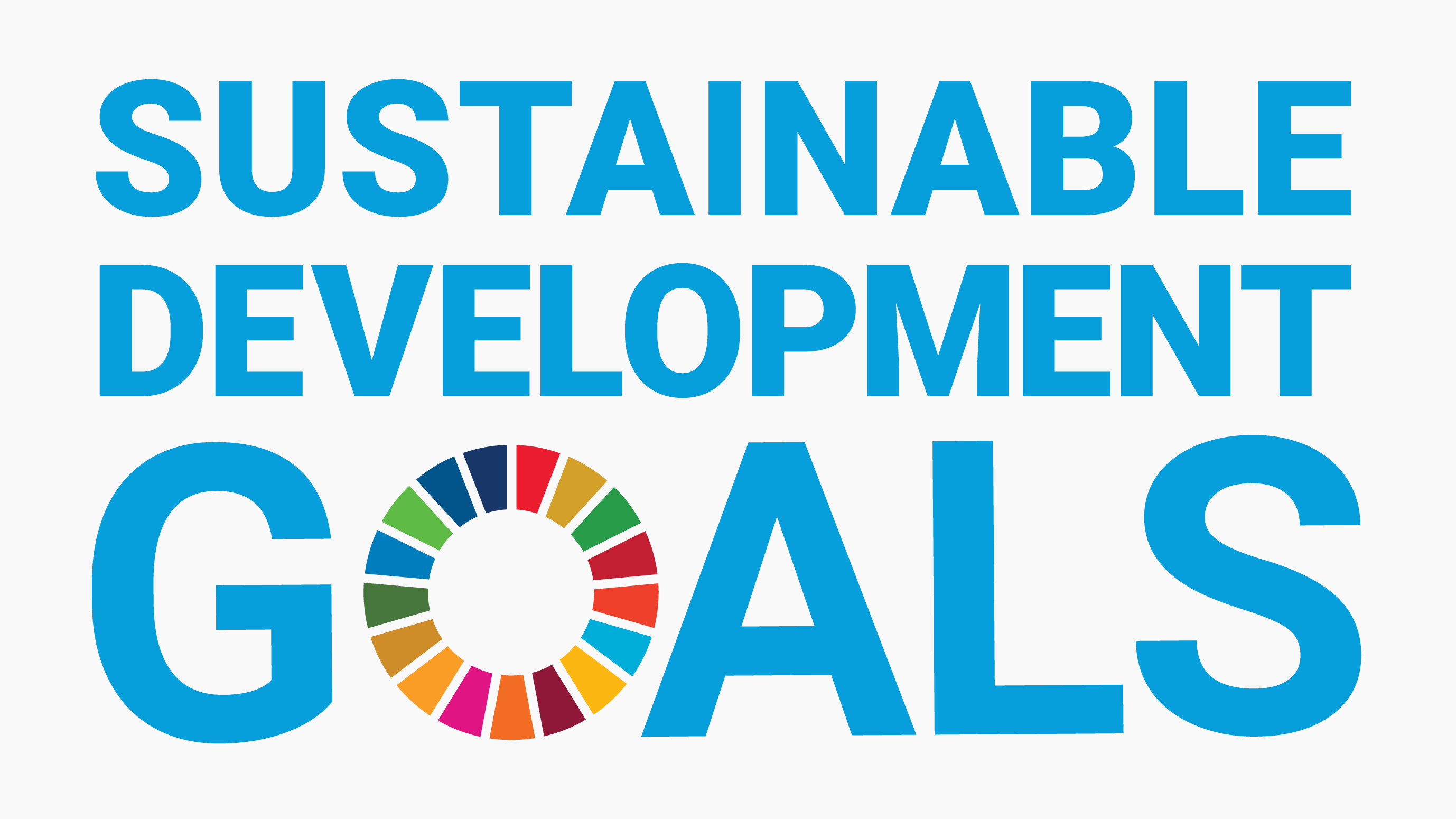Comparison of sustainable consumption and production patterns in different economies

Development is the eternal theme of human society. In the process of development, mankind has achieved both brilliant achievements and suffered numerous setbacks and failures. In this resource-limited world, sustainable consumption and production patterns are the inevitable requirements of development. Since the 20th century, mankind’s attention to environmental problems and reflection on the process of industrial civilization have led to the proposal and development of the modern concept of sustainable development. Nowadays, countries in the world are so closely connected that the consumption patterns of one country may adversely affect the ecological and social environment of nearby countries, or even distant countries.
Many countries have participated in sustainable consumption and production action programs or strategies. Such as Ghana, Mauritius, Tanzania and Zambia in Africa; In the EU area, the Czech Republic, Finland, Poland and the United Kingdom have developed specific national action programs in the area of sustainable consumption and production. In the Asia-Pacific region, national green growth strategies have sprung up in recent years. Many governments have also targeted specific industries in conjunction with their targets.
The government is one of the biggest consumers in any market. Take “central commission on environment and development initiative about sustainable government procurement” as an example. The initiative aims to improve the efficiency of government procurement costs, at the same time explore materials, and the more efficient use of energy resources, protect people’s health, and to develop sustainable and innovative goods and services covering both regional markets. Going forward, we must continue to develop and implement regulations, tools and programs that promote sustainable consumption and production. We hopes to achieve this by collecting good initiatives and practices in the area of sustainable consumption and production, with the goal of sharing information with regions and sectors, and working closely with stakeholders and UN agencies.
About Us
Institute of International Exchange is an international non-governmental and non-profit organization. We hope to build an equal and friendly platform for exchanges and cooperation around the world.
© 2023 Institute of International Exchange




